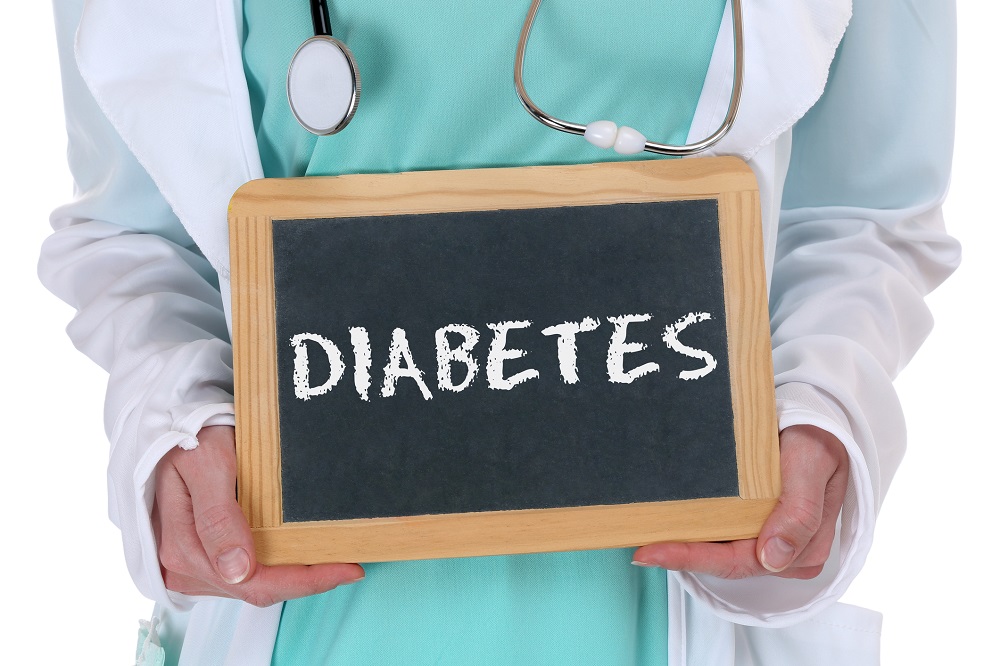Every year the month of November is recognized nationally as Diabetes Awareness Month. According to the American Diabetes Association, 25.8 million people have this disease, however, only 18.8 million have been diagnosed. An additional 79 million people in the United States are believed to have pre-diabetes.
Diabetes affects different race and ethnic groups more frequently than others. The prevalence of diabetes has been calculated to affect 7.1 % of Caucasians, 8.4% of Asian Americans, 12.6% of African Americans and 11.8 % of Hispanics. Diabetes is considered a chronic illness that leads to it being a cause of death, either directly or through a complication due to the disease. Some of the complications associated with diabetes are hypertension, blindness, heart disease and stroke, kidney disease, neuropathy, and amputations.
Diabetes is a chronic illness for which there is no known cure. It can, however, be treated successfully in many people, and very often these people lead long and healthy lives. Having a family history of diabetes can be a risk factor for developing the disease but not a guarantee that a person will definitely develop it. Other risk factors include obesity, poor diet, having diabetes during pregnancy, race and ethnicity, being over the age of 45, lack of exercise, and having high blood pressure.
Some of the symptoms of diabetes are frequent urination, frequently feeling thirsty, blurry vision, fatigue, feeling hungry even after having just eaten a meal or a snack, wounds that are slow to heal, numbness or tingling in the extremities, and in some cases, weight loss.
The three most common forms of diabetes are Type 1 which indicates a lack of insulin production by the pancreas, Type 1 is most commonly associated with children and young adults. Type 2 diabetes is when the body produces insulin but it is not utilized adequately by the body, also known as adult-onset diabetes and the most commonly diagnosed form of the disease. Gestational Diabetes occurs occasionally during pregnancy and then frequently resolves itself once the pregnancy is completed.
Diabetes is diagnosed through blood tests. Once the diagnosis is confirmed, a physician will discuss treatment options that will work for that individual. Often this will include either an oral medication in cases that are less severe or insulin injections for more serious cases, combined with diet modification and possibly an exercise regime. It is extremely important to keep diabetes well controlled. Uncontrolled diabetes can lead to serious complications that may be irreversible and can lead to blindness, heart disease, stroke and premature death.
All content of this newsletter is intended for general information purposes only and is not intended or implied to be a substitute for professional medical advice, diagnosis or treatment. Please consult a medical professional before adopting any of the suggestions on this page. You must never disregard professional medical advice or delay seeking medical treatment based upon any content of this newsletter. PROMPTLY CONSULT YOUR PHYSICIAN OR CALL 911 IF YOU BELIEVE YOU HAVE A MEDICAL EMERGENCY.

